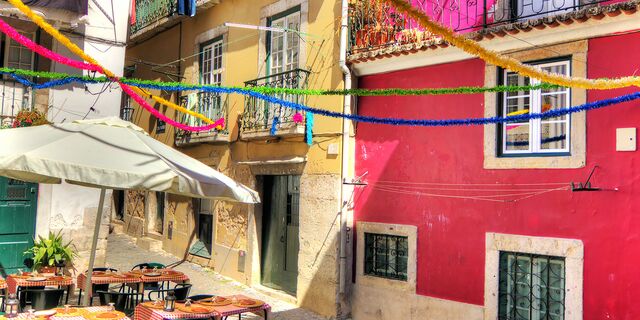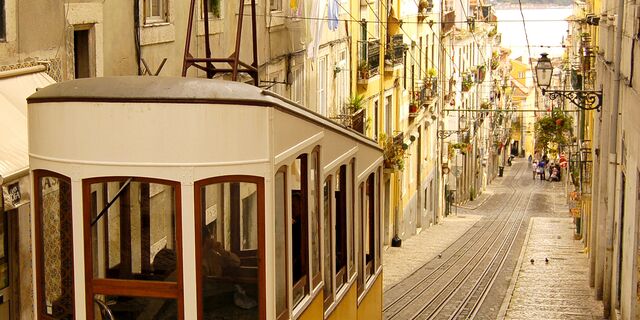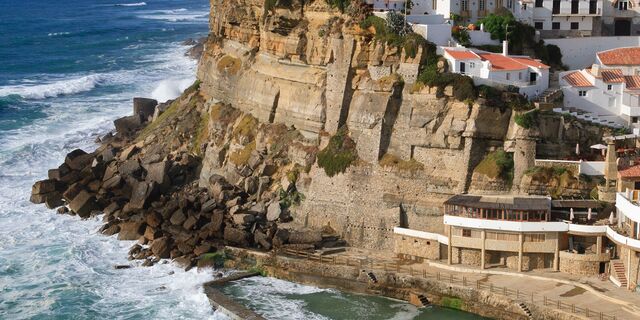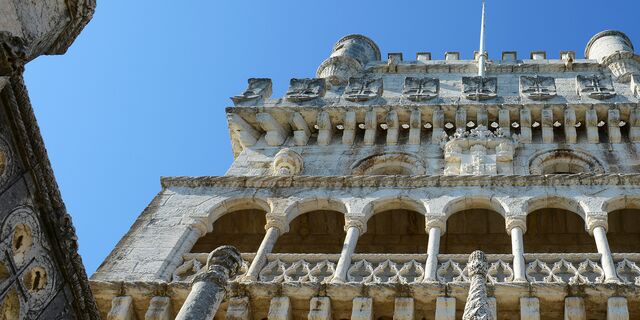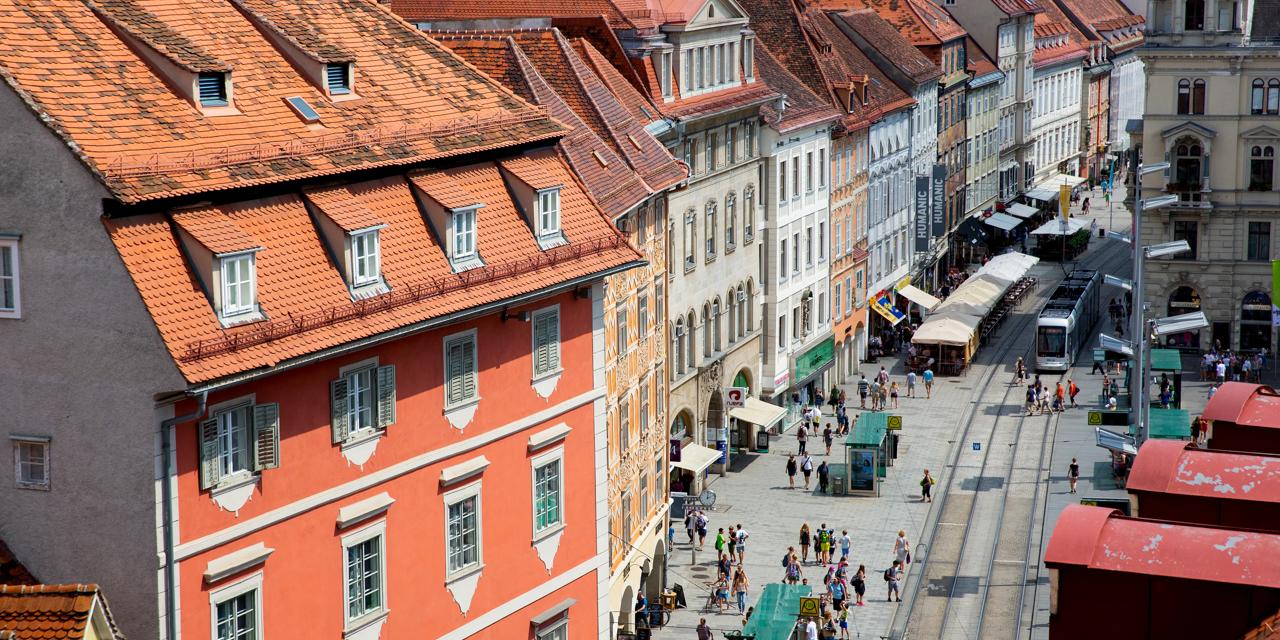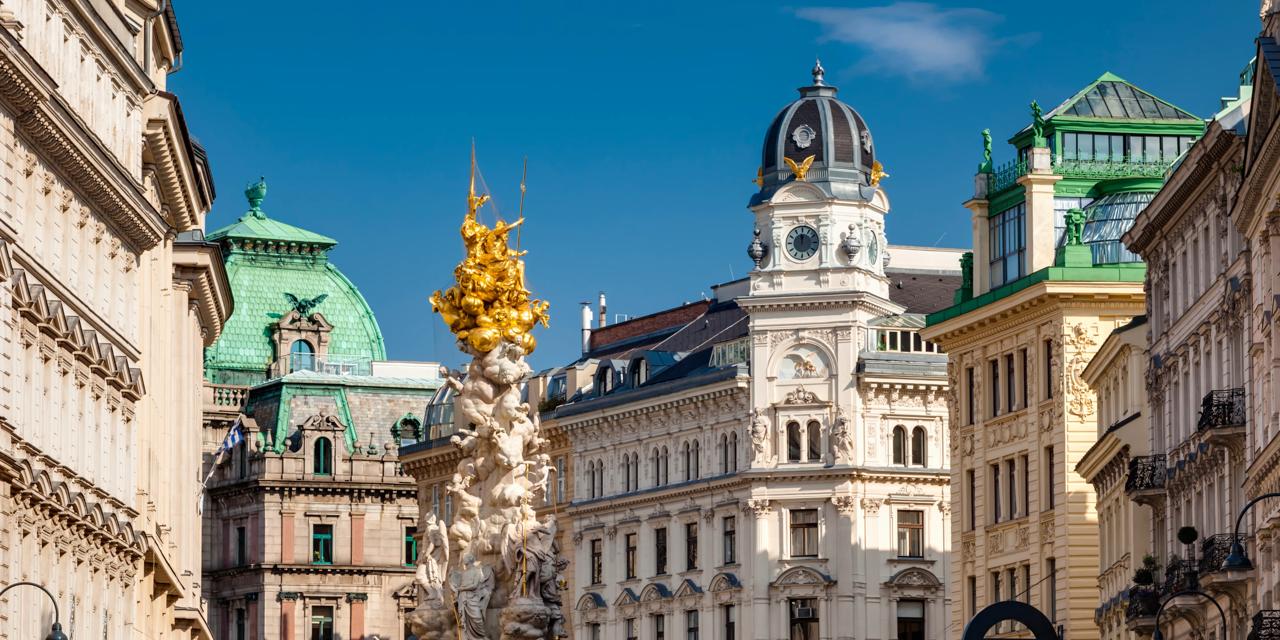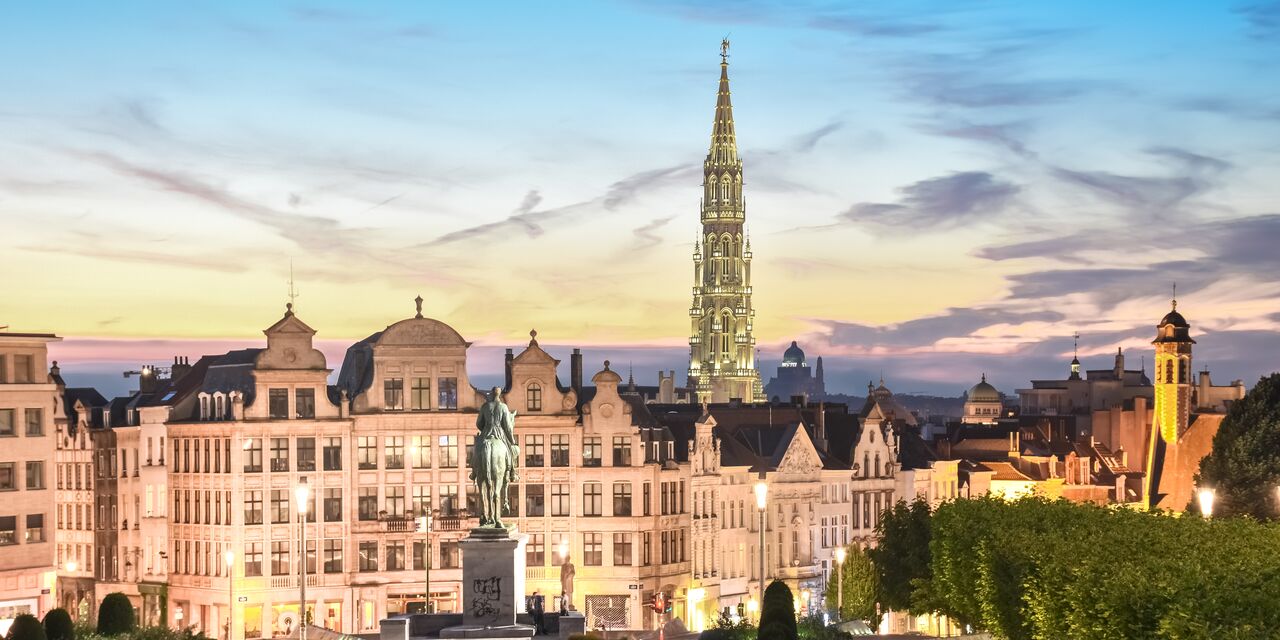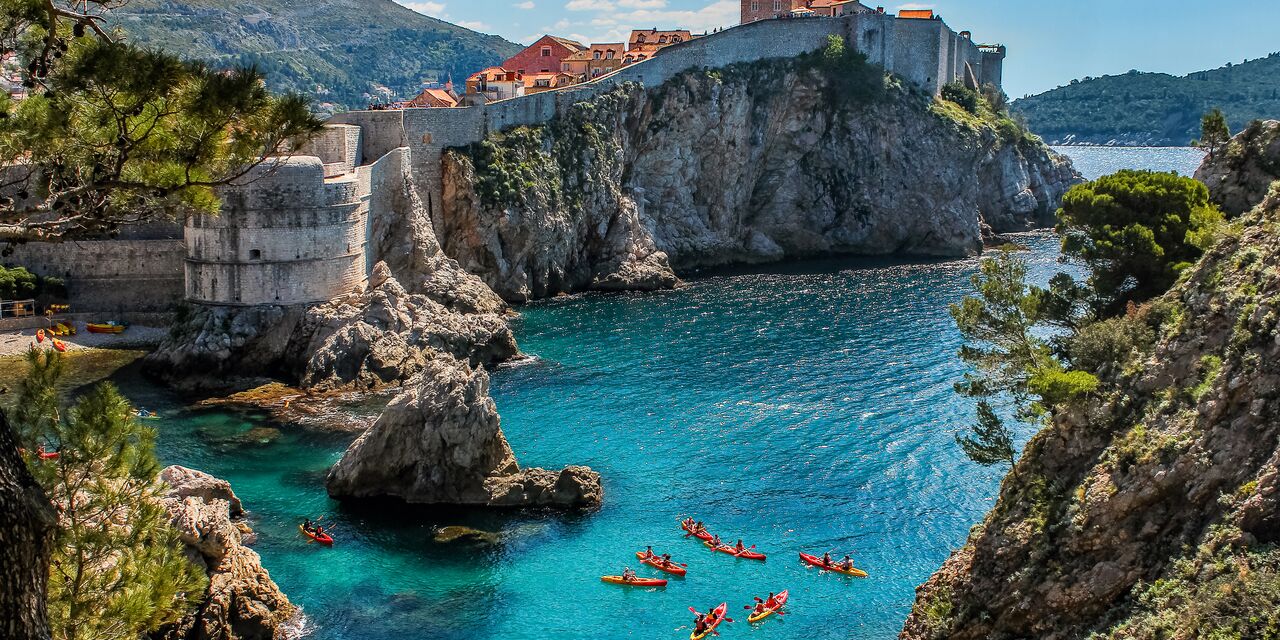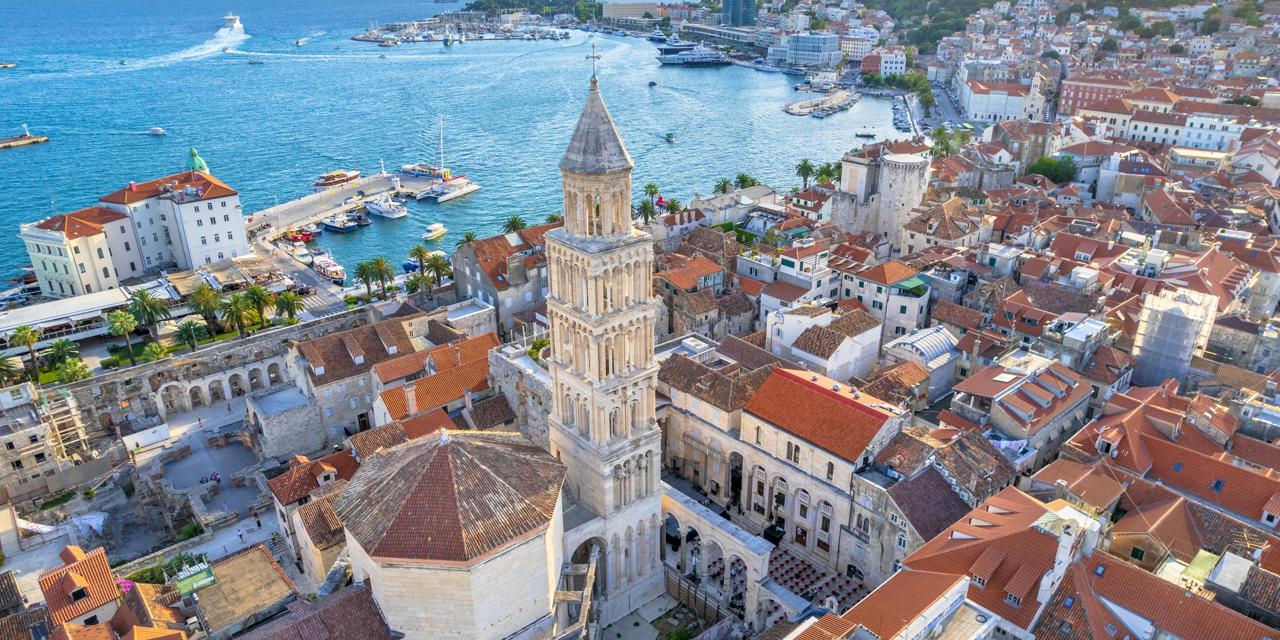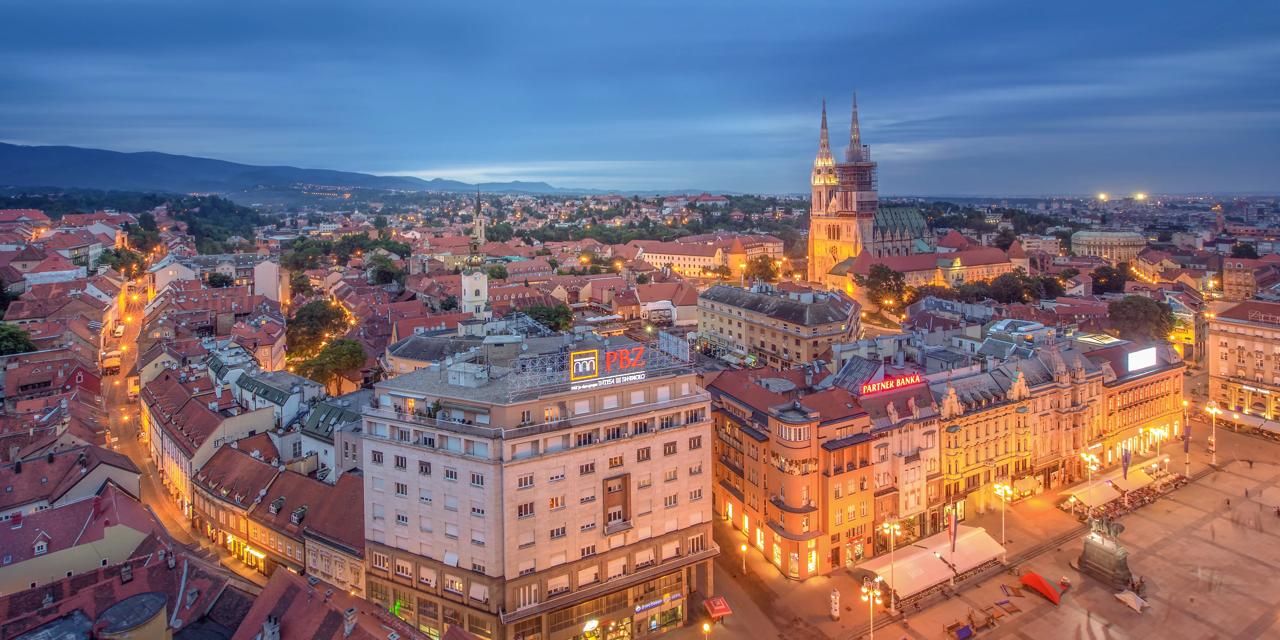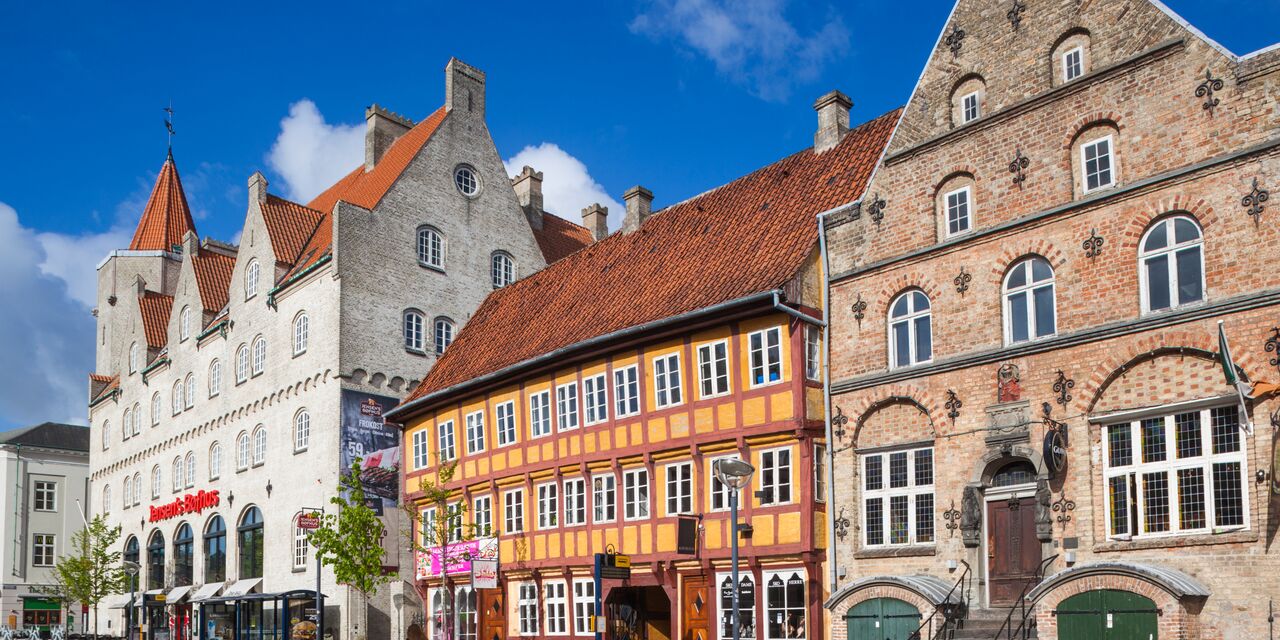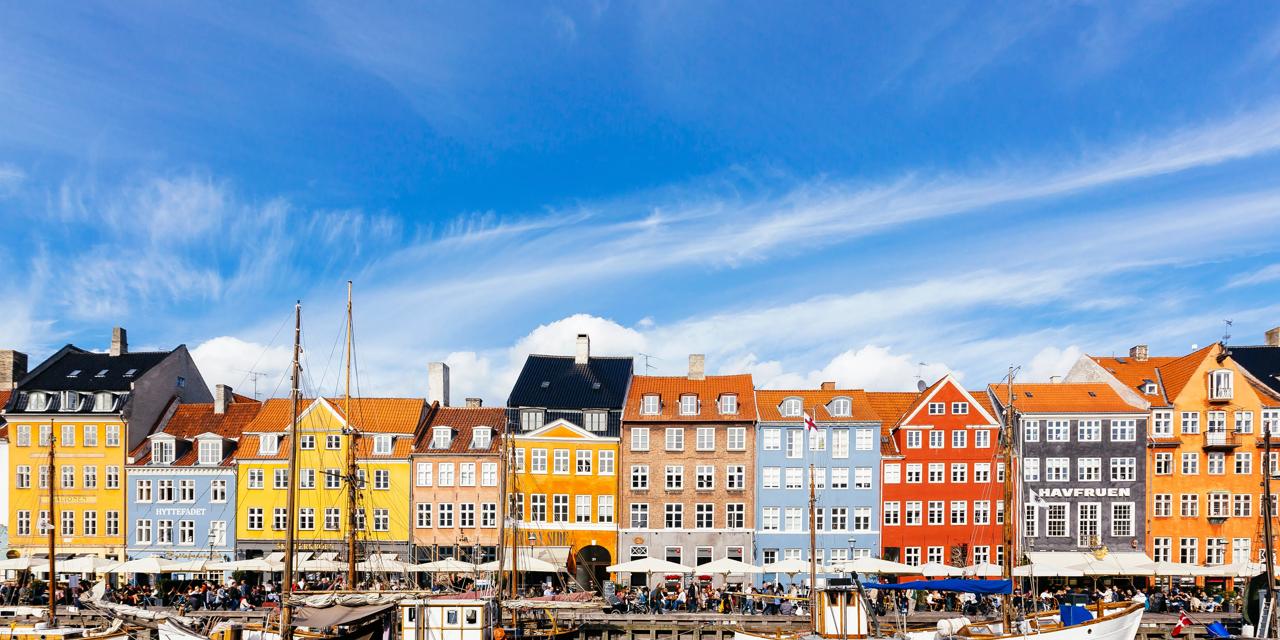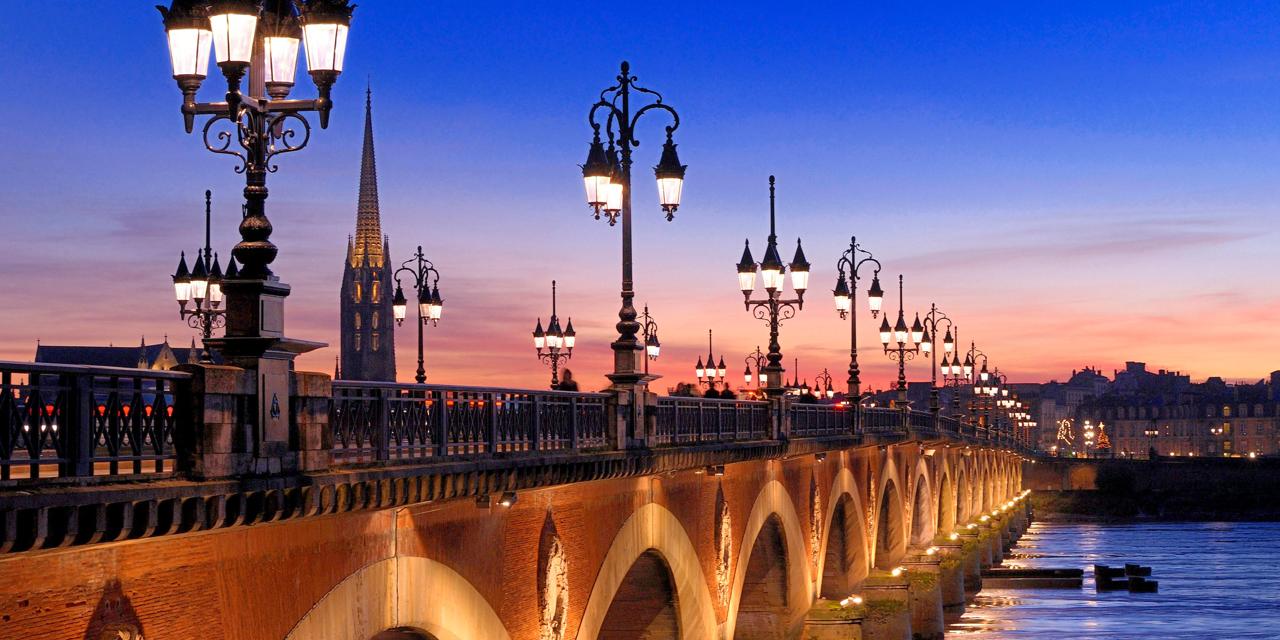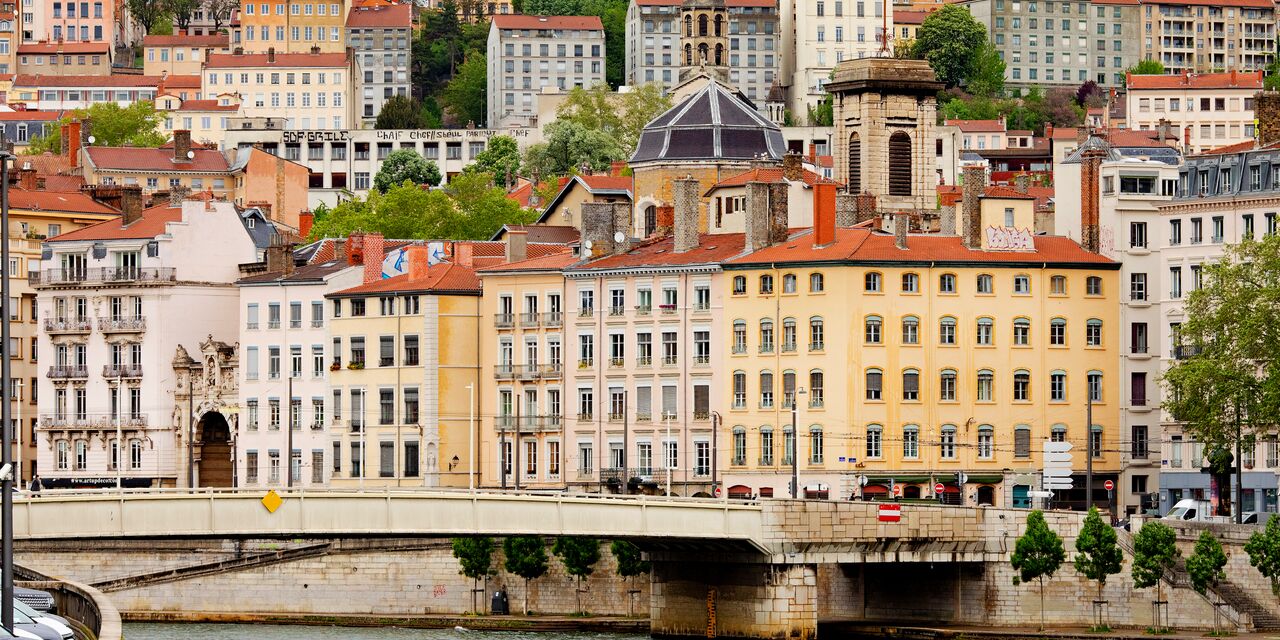Alfama, an ancient maze of streets
Laundry hangs from a wrought iron balcony. The melodious cries of a fado singer resound down the street. Colourful tiles adorn the façades of the tall houses. Alfama, the district between the Castle of São Jorge and the river Tagus, is perhaps the loveliest part of Lisbon.
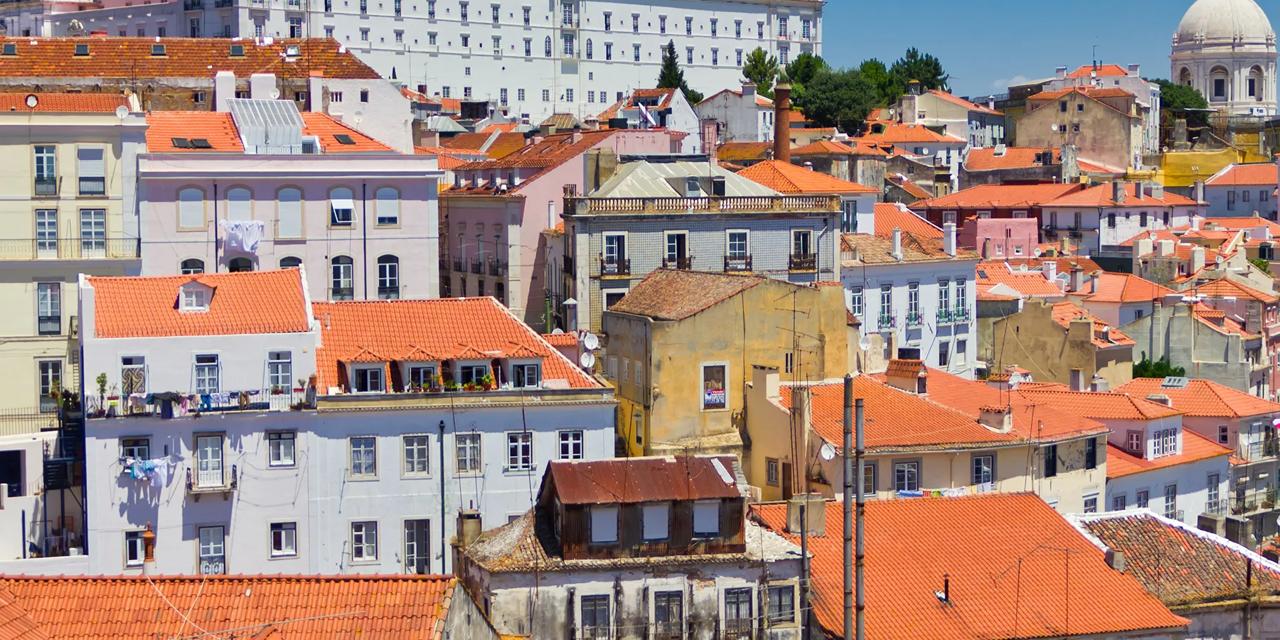
A tour of the monastery, National Pantheon and Roman Theatre
Walking from the Castle of São Jorge to Alfama you will pass the Portas do Sol, one of the many miradouros (viewpoints) of Alfama. The vista from here over the orange roofs and glittering river is truly picture perfect. A few hundred metres away is the monastery of São Vicente de Fora, established in 1147 by Afonso Henriques, the first king of Portugal. The present buildings date mainly from the 17th and 18th centuries, and include an extraordinary church, whose austere and symmetrical façade is a magnificent example of Mannerism. Behind the monastery rises the white dome of the National Pantheon, or Church of Santa Engrácia. This shrine has had a turbulent history. Construction took place from 1681 until 1712, when the architect died and King João V lost interest in the building. The church remained virtually untouched until 1960, when Prime Minister Salazar decided to convert it into a National Pantheon. Today, you can visit the tombs of some famous Portuguese people here, including the writer Almeida Garrett and fado diva Amália Rodrigues. The western part of Alfama contains the remains of Roman Lisbon, including the ruins of a large Roman theatre from the first century BC, built under the Emperor Augustus. In the Middle Ages the theatre sank into antiquity, until it was rediscovered after the devastating earthquake in 1755. The small, interactive museum displays stone columns and other finds, such as a bust of Silenus.
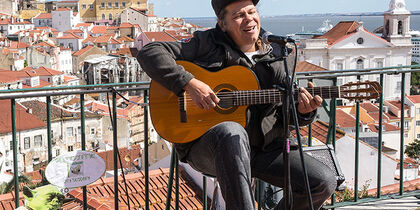
Fado, the Portuguese song of life
There are plenty of opinions about the origins of fado: some argue that the melancholic Portuguese music originated in Alfama, while others swear that it all started in the city of Coimbra. Whatever the truth, Alfama has some of the oldest and most charming casas de fado in Lisbon. These are restaurants or bars where both renowned fado singers and undiscovered talents perform the famous Portuguese song of life. Alfama also hosts a Fado Museum – you can guess which creation story is promoted here!
Discover other destinations in Europe
*The displayed prices are for one adult. All amounts are in USD. Taxes and surcharges are included. No booking fee is applicable. Prices shown may vary depending on fare availability.
Additional baggage fees may apply
The weather forecast information is provided by World Weather Online. Air France-KLM is not responsible for the reliability of this data.

